Admission to the program is based on a few key qualifications. Before you apply, make sure you meet the outlined requirements. These help ensure you're prepared for graduate-level coursework in science education. If you have any questions, reach out to us at the W.H. Dean Graduate School

Science Education
Science shapes how students understand the world — and as a science teacher, you shape how they see it. UNC Pembroke's Master of Arts in Science Education is designed for licensed educators who want to deepen their expertise and elevate their teaching. Whether you're looking to lead in your school, contribute to educational research or strengthen your classroom practice, this program equips you with the knowledge, tools and confidence to make a lasting difference.
Degrees
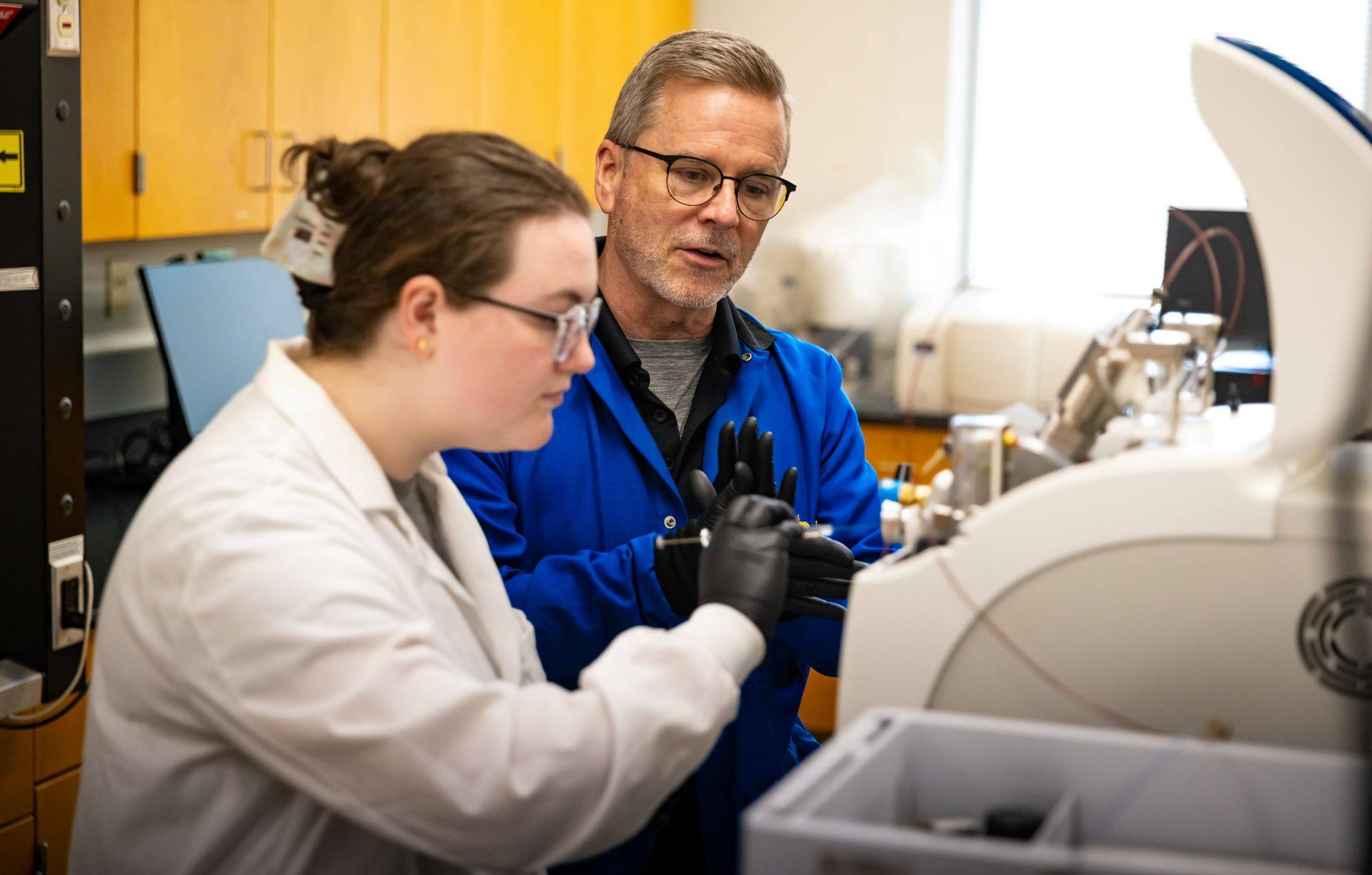
| Semester | Application Deadline | Classes Start |
|---|---|---|
| Summer I, '26 | May 21, 2026 | May 26, 2026 |
| Summer II, '26 | Jun. 29, 2026 | Jul. 6, 2026 |
| Fall, '26 | Aug. 10, 2026 | Aug. 17, 2026 |
Program Highlights
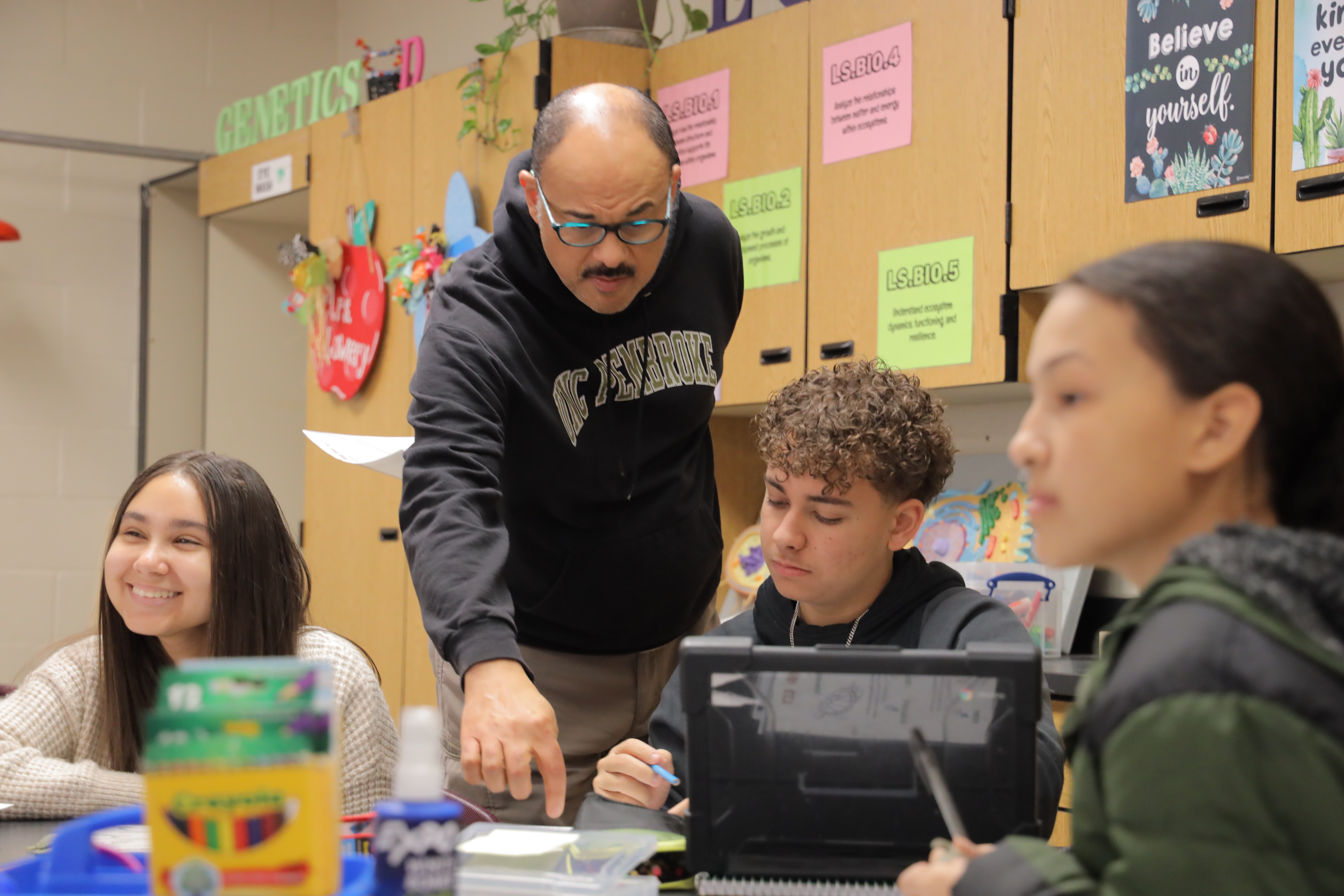

Admissions Checklist
Program Requirements
- Bachelor's degree in a science-related field
- 2.5 GPA
- Valid teaching license
- Transcripts of all academic coursework
- Three academic and professional recommendations
Inspire Curiosity. Advance Your Impact.
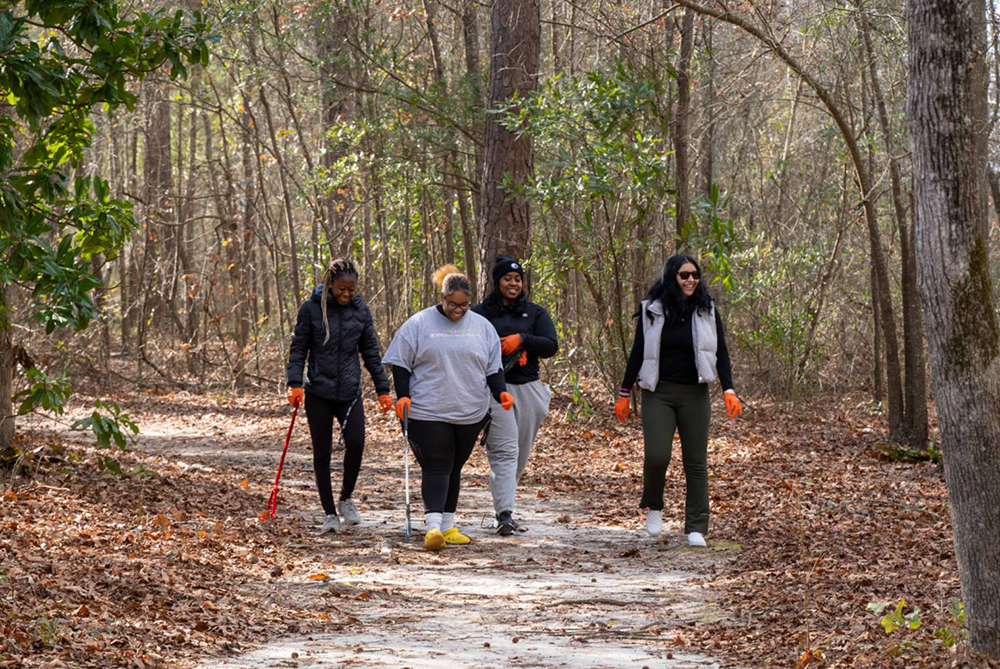
Student Organizations
Get involved through organizations like the Science Education Club - National Science Teachers Association (NSTA) Student Chapter. These groups are tailored for students at the master's level. They offer networking, leadership and professional development opportunities.
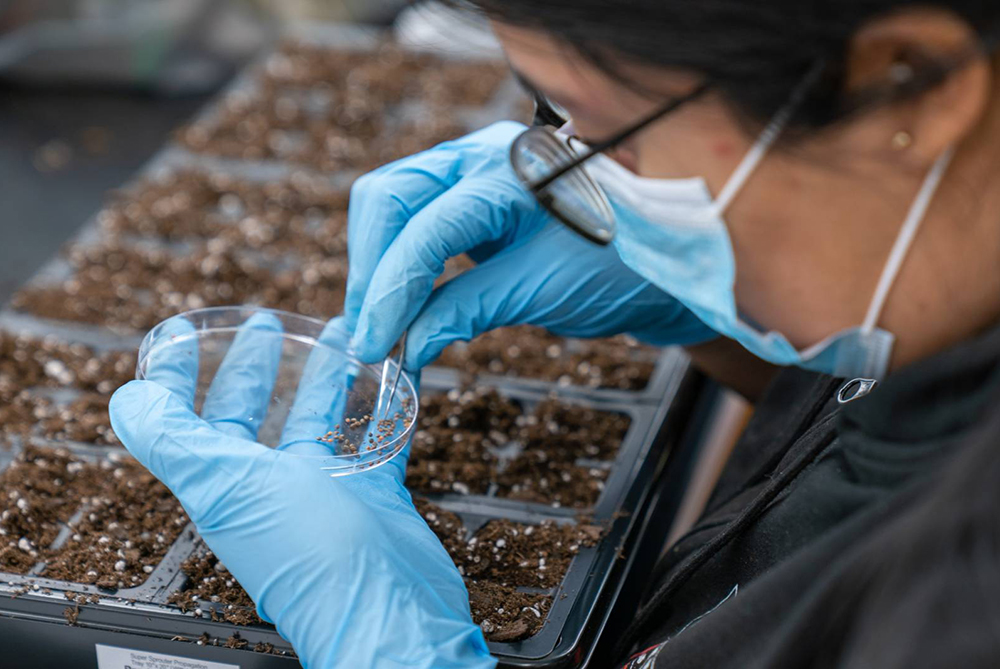
Research
Beyond Graduation
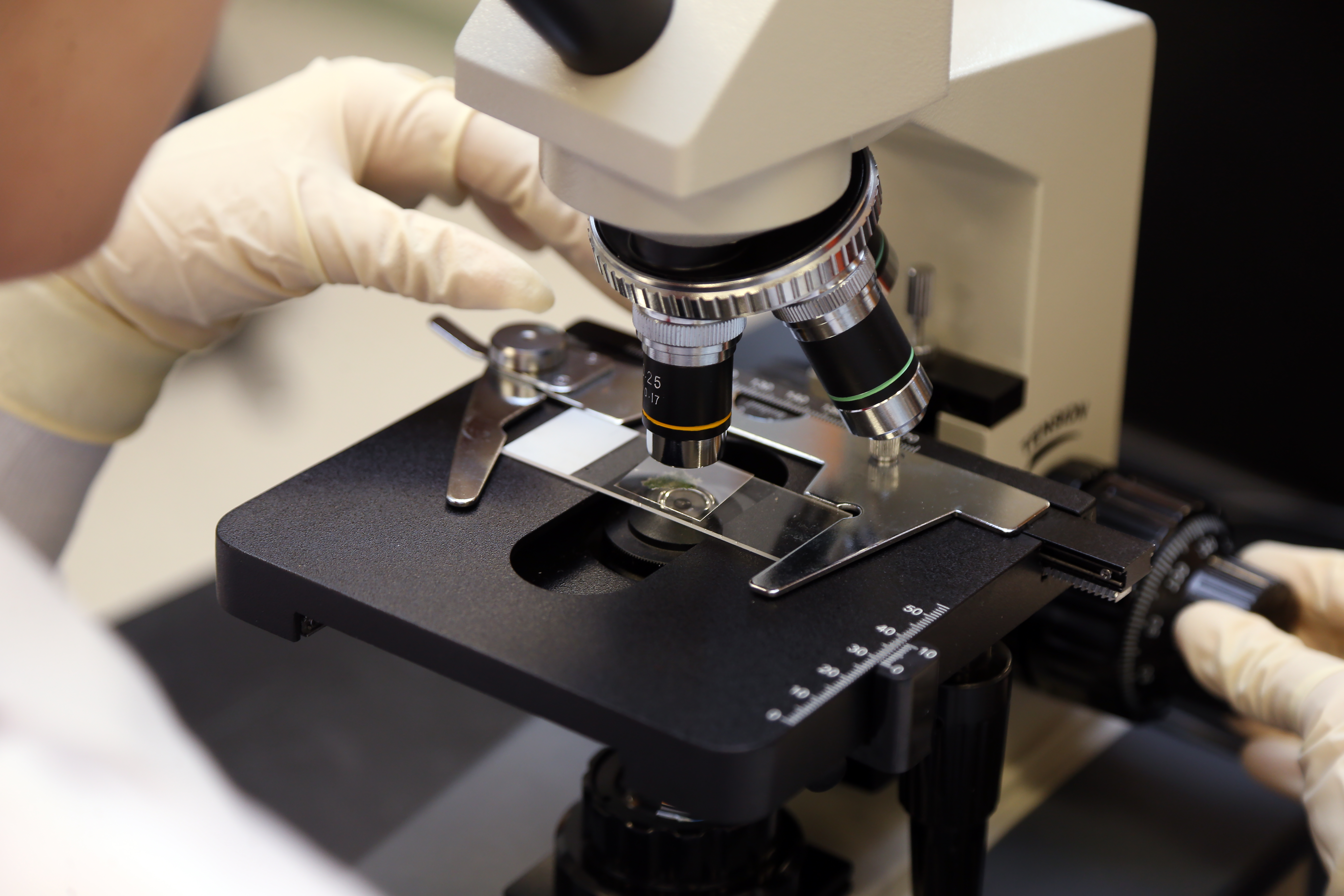
The UNCP Graduate Science Education program prepared me to meet the challenges of today's classrooms and to seek solutions. It has inspired me to think of life as a continued learning experience.
James Sanford
Class of 2012Common Careers
- High School Science Teacher
- Community College Science Teacher
- Science Department Chair
- Science Curriculum Specialist
- Instructional Coach or Mentor Teacher
- Education Consultant
- Science Education Researcher

Have Questions?
or call us at 910.521.6271
Program Director

Rita Hagevik
Professor of Biology and Director of Graduate Programs, Science Education
rita.hagevik@uncp.edu910.521.6652

